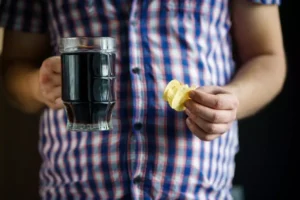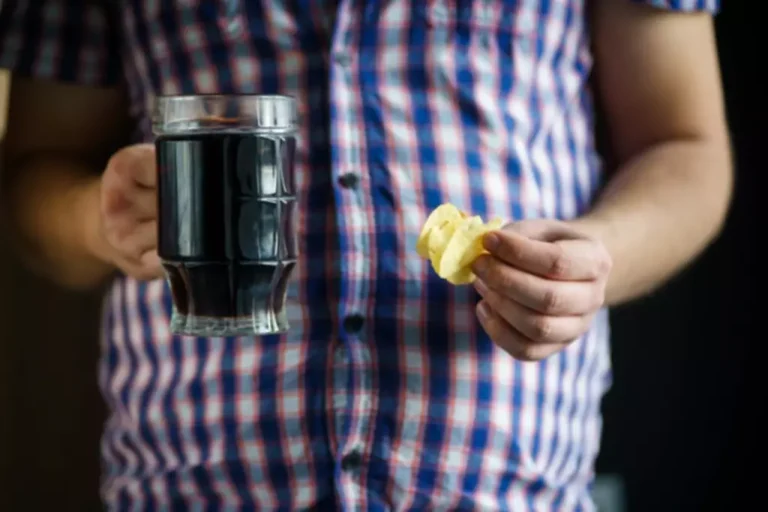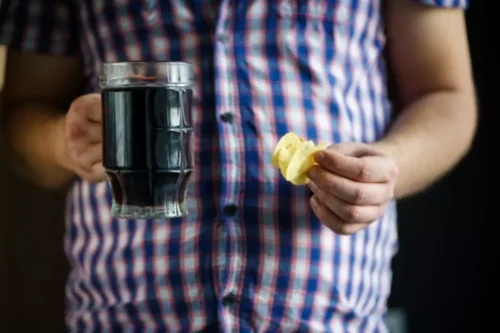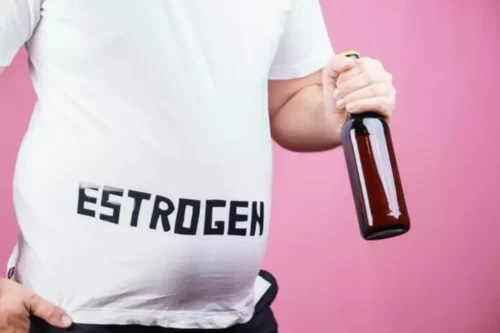Можно ли заработать на трейдинге и реально ли это сделать FAQ
17 de julho de 2023Корреляция криптовалют Кластерный анализ и заработок на корреляции
2 de novembro de 2023
Following a bout of heavy drinking, individuals may experience heightened feelings of anxiety, irritability, and low mood as their body attempts to recalibrate. Understanding the intricate relationship between alcohol consumption and anxiety attacks is crucial for individuals seeking to manage their mental health effectively. While occasional or moderate alcohol intake may not necessarily lead to anxiety attacks in everyone, there is a recognized correlation between heavy drinking and heightened anxiety levels. Although even a heavy night of drinking can trigger anxiety, major withdrawal symptoms and bad hangovers make alcohol panic attacks even more likely. Hangovers can also add to the stress, if a person can’t function, or has to miss work/school. Experiencing a panic attack after drinking doesn’t automatically mean you have an anxiety disorder.

How to Overcome ‘Hangxiety’ (Post-Drinking Anxiety)
Long-term alcohol misuse can not only induce panic attacks but can also lead to PTSD. This becomes even more true if a person has an anxiety or panic disorder. Alcohol not only contributes to anxiety but rewires the part of the brain responsible for coping with fear.
- Alcohol’s impact on neurotransmitters in the brain, such as serotonin and gamma-aminobutyric acid (GABA), can disrupt the body’s natural balance and increase susceptibility to anxiety attacks.
- But once you start drinking, you can build a tolerance to the de-stressing effects of alcohol.
- Trembling or shaking in the hands, legs, or entire body is another frequent symptom.
- Magnesium-rich foods like nuts and leafy greens can also have a calming effect.
Why does alcohol cause panic attacks?

When dealing with stressful days or nervous situations, you may be tempted to have a glass of wine or a beer to calm your nerves. However, drinking alcohol, especially heavily and over a long period of time, can actually increase your anxiety. Similarly, if you find yourself regularly experiencing the symptoms of an anxiety disorder—including panic attacks—it’s important to seek help. Anyone can experience anxiety—or “hangxiety”—after drinking, even if you aren’t dealing with alcohol dependence.
Are Alcohol-Induced Panic Attacks a Sign of Addiction?
The physical effects of alcohol consumption, such as increased heart rate and changes in blood sugar levels, can mimic symptoms of anxiety. For those prone to panic attacks, these sensations may be interpreted as signs of impending danger, potentially sparking a full-blown episode https://ecosoberhouse.com/ of intense fear and discomfort. Additionally, alcohol disrupts the balance of neurotransmitters in the brain, which can exacerbate anxiety symptoms and increase vulnerability to panic attacks. If you’re struggling with alcohol-induced panic attacks or anxiety after drinking alcohol, please know that you’re not alone. Talking to a doctor or therapist can help you understand your specific situation and find healthy ways to cope. They can provide guidance on how to stop panic attacks after drinking and develop strategies to manage your anxiety.
- If the factors involved in a classic hangover can also contribute to anxiety, treating your physical hangover may help you mentally.
- At Smarmore, we can advise you on what help is available – both free and paid for, what type of therapy you may benefit from, and how severe your problem is.
- Here you can find useful links and phone numbers to get the support you need.
- It’s essential to recognize the potential for alcohol use to exacerbate anxiety and to seek healthier coping mechanisms and support systems to manage anxiety effectively.
- In order to find out which medications might be appropriate, they need to conduct a full evaluation.
- Have you ever felt a sudden surge of intense fear or anxiety after drinking alcohol?

It makes sense why people reach for a drink as a stress reliever. As alcohol is a sedative and depressant, it can relieve feelings of fear and anxiety in the moment. But after the alcohol wears off, you can start to feel your anxiety come back even stronger. panic attacks after drinking Let’s say you drink a beer and martini but you don’t drink any water in between. Alcohol is a diuretic, meaning it makes you lose water through peeing, so it’s very important to drink plenty of water as well when you’re drinking alcohol. At first, drinking can reduce fears and take your mind off of your troubles.
Explore the impact of childhood trauma with our insightful guide. Learn about Sober living house various childhood trauma tests, understand their implications, and discover steps towards healing and recovery. There are some daily changes you can make to reduce your anxiety.

Don’t hesitate to reach out to a trusted friend, family member, or medical professional. Talking to someone can provide comfort and support during a difficult time. If you see a friend experiencing a panic attack after drinking, try to stay calm and offer support. Help them find a quiet place to sit, and encourage them to take slow, deep breaths. If the panic attack is severe or lasts a long time, don’t hesitate to call for medical help. But if panic attacks become frequent, really intense, or start messing with your daily life, it’s definitely time to get some professional support.

Stop Trauma Dumping: A Guide to Healthy Sharing and Support
These factors can weaken your body’s ability to cope with the effects of alcohol, making you more prone to experiencing hangxiety or even a full-blown alcohol-induced panic attack. Taking care of yourself can make a big difference in reducing your risk. Sometimes, after drinking, your body might react in ways that feel a lot like a panic attack. These physical symptoms can include a racing heart that feels like it’s going to beat out of your chest, shortness of breath like you can’t quite catch your breath, and chest pain or tightness. You might feel dizzy or lightheaded, and your hands or whole body could start trembling or sweating. These are common physical symptoms of an alcohol-induced panic attack.


